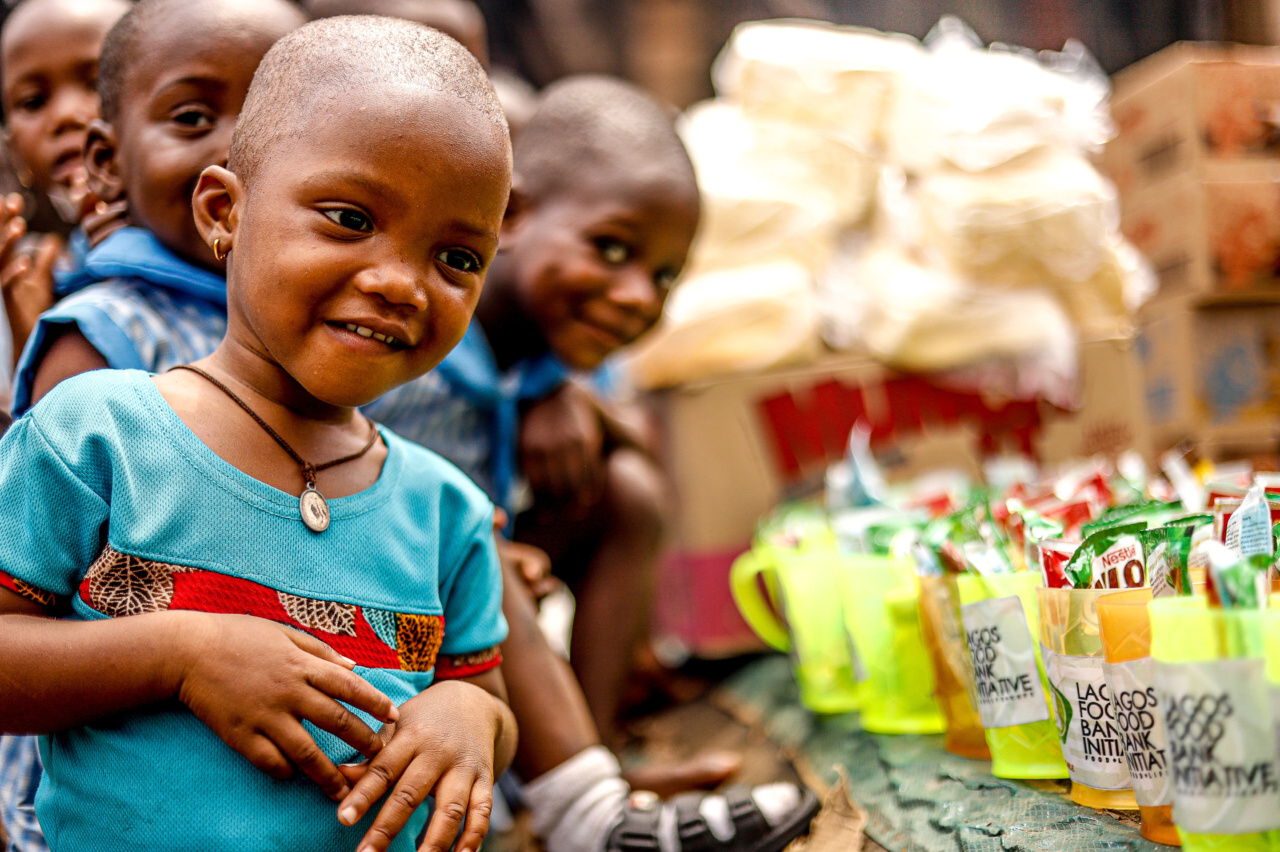Decaf drinks for kids are becoming increasingly popular in today’s society.
With more and more parents looking for healthy beverage alternatives for their children, the market for decaffeinated beverages specifically designed for kids has grown significantly. In this article, we will explore the reasons behind the rise in demand for decaf drinks for kids, the various options available in the market, and the potential health benefits associated with these beverages.
The Rise in Demand for Decaf Drinks for Kids
Over the past decade, there has been a noticeable shift in parental preferences towards healthier options for their children.
As a result, many parents are limiting their children’s consumption of caffeine due to concerns about its potential effects on sleep, behavior, and overall health. Caffeine, found in regular coffee, tea, and soft drinks, is a stimulant that can lead to increased heart rate and blood pressure, digestive issues, and sleep disturbances in children.
Recognizing this growing demand, beverage companies have begun to develop decaffeinated alternatives specifically tailored to children’s tastes.
These products provide the same sensory experience as their caffeinated counterparts without the unwanted side effects. Additionally, decaf drinks often contain added vitamins and minerals, making them an attractive option for health-conscious parents.
The Various Options Available in the Market
The market for decaf drinks for kids is diverse, catering to various tastes and preferences. Some of the popular options include:.
1. Decaf Tea
Decaffeinated herbal teas, such as chamomile or fruit-infused blends, are an excellent choice for kids. They offer a calming effect, promote relaxation, and have a range of flavors that children enjoy.
Decaf teas are often caffeine-free, making them a safe alternative to regular tea.
2. Decaf Hot Chocolate
Decaffeinated hot chocolate is another popular option for kids. It provides the rich and comforting taste of cocoa without the stimulating effects of caffeine.
Decaf hot chocolate can be made with milk or water and is usually available in single-serve packets or ready-to-drink containers.
3. Decaf Fruit Juices
Decaffeinated versions of popular fruit juices, such as orange, apple, or grape, are also gaining popularity among parents. These juices are made by removing caffeine from the fruit or using decaffeinated alternatives.
They offer the same nutritional benefits as regular fruit juices but without the potential negative effects of caffeine.
4. Decaf Energy Drinks
For older children and teenagers who desire the energy-boosting effects of traditional energy drinks without the caffeine, decaf energy drinks are now available.
These beverages contain natural stimulants like ginseng or guarana, providing vitality and focus without the potential risks associated with caffeine.
5. Decaf Sparkling Water
Decaffeinated sparkling water infused with natural flavors is an excellent option for kids who enjoy bubbly beverages.
These drinks provide the effervescence and taste of traditional carbonated drinks without the caffeine, making them a healthier alternative.
Potential Health Benefits of Decaf Drinks for Kids
Decaf drinks for kids not only eliminate the potential negative effects of caffeine but also offer a range of health benefits. Some of these benefits include:.
1. Improved Sleep Patterns
Caffeine has a stimulating effect on the central nervous system, which can disrupt sleep patterns in children. By opting for decaf drinks, parents can ensure their kids get better quality sleep, leading to improved overall health and well-being.
2. Hydration
Many decaf drinks for kids, such as fruit juices and sparkling water, contribute to hydration. Adequate hydration is essential for children’s growth, cognitive function, and overall health.
3. Limited Sugar Intake
Most decaf beverages designed for kids contain lower amounts of added sugar compared to their caffeinated counterparts. This helps parents in their efforts to reduce their children’s overall sugar intake and promote healthier eating habits.
4. Nutritional Benefits
Some decaf beverages are fortified with essential vitamins and minerals to enhance their nutritional value.
This can be particularly beneficial for children who may have dietary restrictions or who may not consume an optimal range of nutrients through their regular diet.
Conclusion
The market for decaf drinks for kids is a growing one, driven by increasing parental concerns about the potential negative effects of caffeine.
Companies now offer a variety of decaffeinated options to cater to children’s tastes and preferences, ranging from teas and hot chocolate to fruit juices and energy drinks. By choosing decaf beverages, parents can provide their children with a healthier alternative while still allowing them to enjoy the sensory experience of their favorite drinks.































